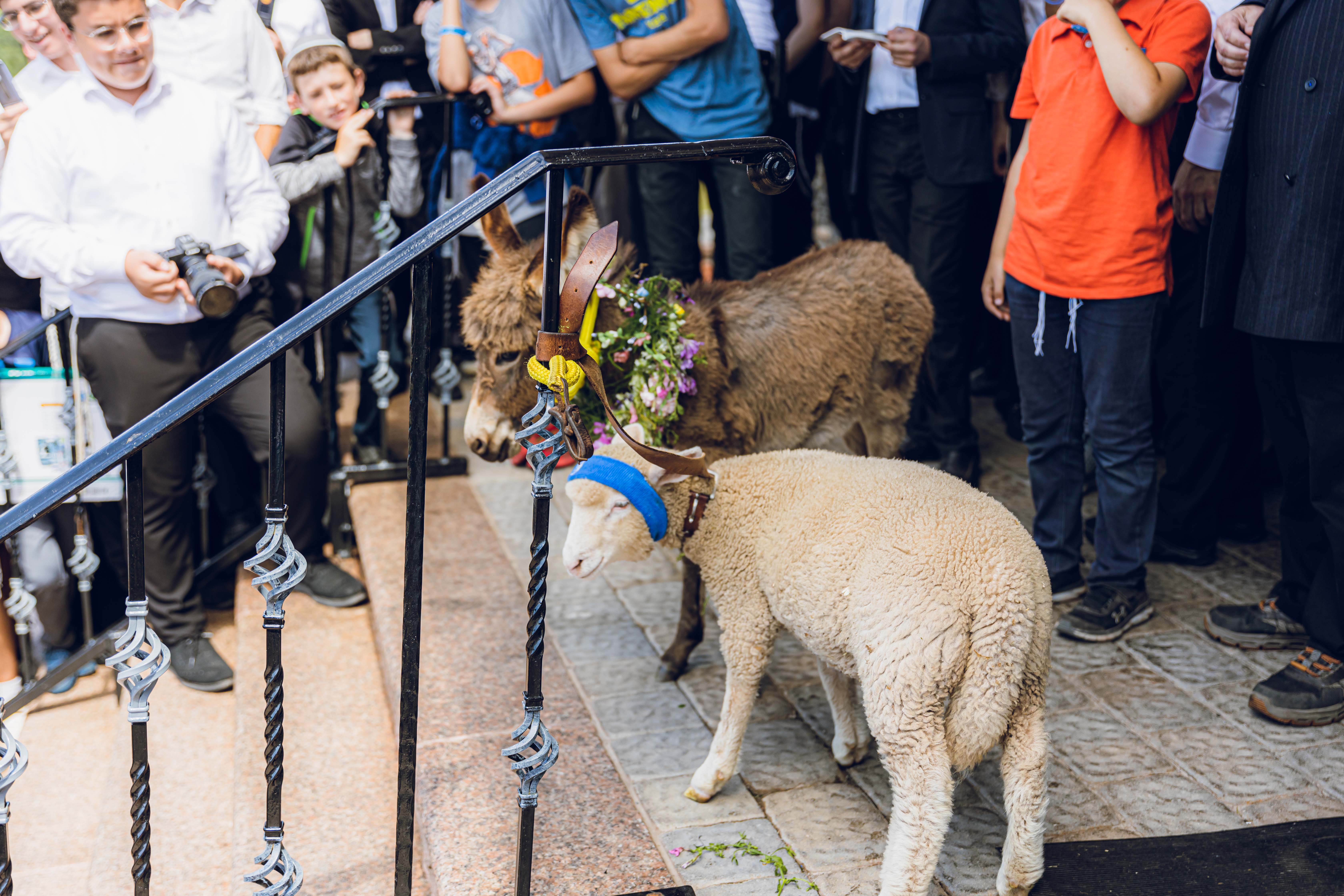Ask the Rabbi with Rabbi Chaim Mintz
In non-Jewish society, it is quite common for a son to have the same name as his father. Why isn’t this done in the Jewish community? And what about naming for a living grandparent?
Rabbi Chaim Mintz responds:
Why Jews Don’t Name Children After Themselves
A simple reason for this can be to avoid confusion. When a father and son share a name and someone calls their name, it may be unclear who is being called, which can lead to awkward or disrespectful situations.
The importance of differentiating between father and son can be traced back to Avraham Avinu (our patriarch Abraham). Before Avraham’s time, people got older in years without showing physical signs of aging. Fathers and sons often looked so similar that people couldn’t tell them apart. In fact, when Avraham and his son Yitzchak were seen together, others would confuse the two, even though Avraham was a hundred years older! This sometimes led to unintended disrespect, like when people mistakenly honored the son in front of the father, assuming he was the elder.
Seeing this, Avraham prayed that as people grew older, they should also show signs of old age. Hashem agreed, and blessed him to be the first to appear old, as it says (Bereishit 24:1), “V’Avraham zakein – and Avraham was old.”
Kibbud Av Va’eim: Halachic Sensitivities
Another important reason a son should not share the name of the father is rooted in the laws of kibbud av v’eim (honoring one’s parents). Referring to parents by their first name is forbidden, as it is viewed as highly disrespectful. Moreover, according to some opinions, a child may not use their parent’s name in their presence even when referring to another person. For example, if the father’s name is Avraham, the son should not refer to his friend Avraham by his name while in the presence of his father. (See Rema Yorah Deah 240:2). As a result, naming a son after his father would create practical challenges, as siblings would be unable to address or refer to their brother by name in the father’s presence, and would almost inevitably lead to the unintentional violation of this law.
For this reason, when it comes to shidduchim (finding a marriage partner), some people follow the custom of avoiding a prospective spouse who has the same name as one of the parents. If this situation arises, these people may choose to make slight changes to their names in order to prevent any issues, such as adding another name to the parent or the prospective bride or groom, or calling them by their second name.
Ashkenazi vs. Sephardi
With regard to naming children after living grandparents, there are differing customs. Ashkenazim name after the deceased to remember them and bring merit to their souls by continuing their legacy. When the grandparents are alive and interact with their children, there is no need to memorialize them and perpetuate their name. Sephardim do have the tradition to name for the living, and one reason for this can be that since children are the most beloved possessions of their parents, giving them the name of a live parent is considered a great honor. Since they don’t live together in the same house, the awkwardness and the challenges of kibbud av v’eim are easier to avoid.
In short: Jewish parents do not name their children after themselves, both to avoid confusion and to prevent halachic issues related to kibbud av v’eim. In Ashkenazic communities, children are not named for live grandparents, but in Sephardic ones they are.
Have another question to ask a rabbi? You can ask Rabbi Mintz your own question at asktherabbi@oorah.org, or head to oorah.org/asktherabbi/ to watch the latest Q&As or join Ask the Rabbi Live, Tuesdays at 9PM ET.


